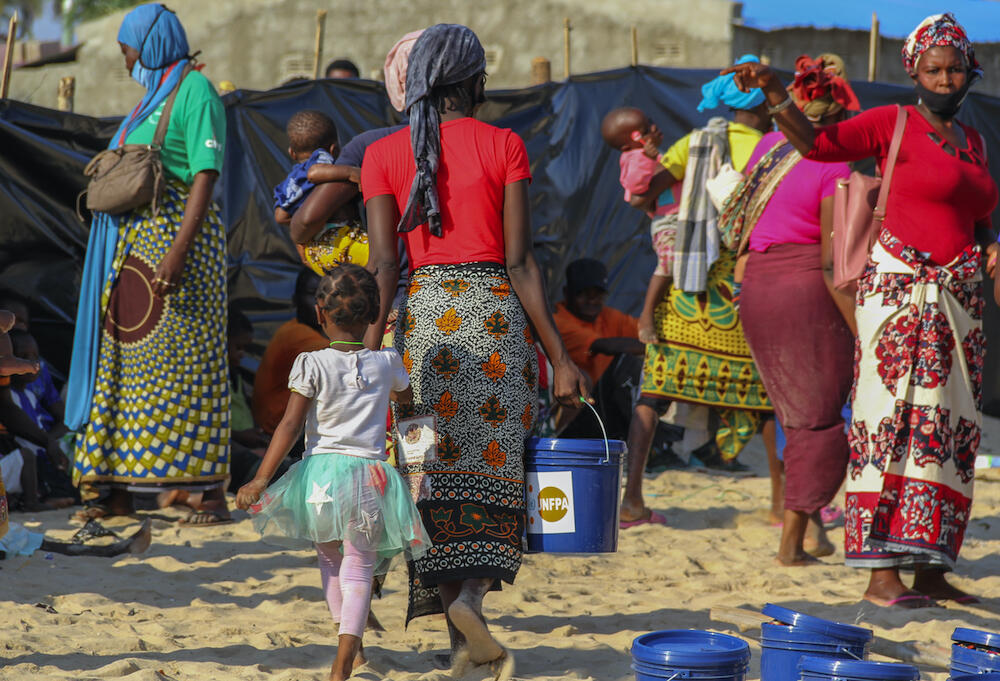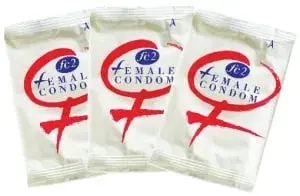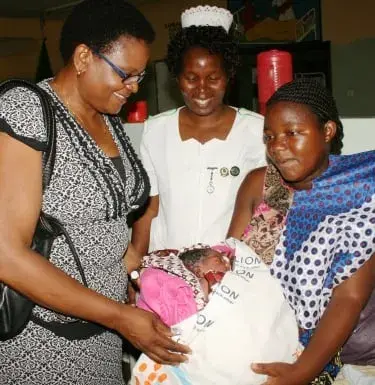CABO DELGADO, Mozambique, 4 March 2021—UNFPA, the United Nations sexual and reproductive health agency, today launched a humanitarian appeal for $12 million to urgently provide life-saving sexual and reproductive health and protection services to 330,000 women, girls, and youth impacted by the humanitarian crisis in Cabo Delgado and the secondary impacts of COVID-19. Read the Cabo Delgado Flash Appeal.
"Cabo Delgado is experiencing the perfect storm of conflict, cyclones, COVID-19, and cholera – and women and girls are bearing the brunt of these crises. They continue to be on the move, with many having to flee their homes at a moment's notice without any personal items or access to services to look after their health, hygiene or safety," said Andrea M. Wojnar, UNFPA Representative in Mozambique.
Women and girls continue to be on the move, with many having to flee their homes at a moment's notice without any personal items or access to services to look after their health, hygiene or safety.
The agency is urging the international community to increase funding as women, girls, and young people face an increased risk of gender-based violence, and increasingly restricted access to life-saving sexual and reproductive health services. Internal displacement of people by either violence or environmental disaster – including the devastating Cyclone Kenneth in 2019 – has left more than 1.3 million people in the northern provinces of Mozambique in need of urgent humanitarian assistance.
More than 669,000 people were internally displaced as of 10 February, including around 160,000 women of reproductive age who face unintended pregnancies and increased risk of HIV and other sexually transmitted infections, without family planning support. An overstretched health system with many facilities either closed or lacking personnel and medical supplies could worsen the provision of emergency obstetric care for the nearly 19,000 displaced women who are pregnant, and the 2,100 expected to deliver within the month.
Women and girls risk sexual violence, unintended pregnancy, death
With women and girls living in overcrowded displacement camps and in host communities, UNFPA estimates that more than 3,200 displaced women may require urgent care in response to sexual violence. Without access to safe delivery and emergency obstetric care services, 950 displaced women risk maternal death over the next three months, and nearly 46,000 displaced women face increased risk of an unintended pregnancy if they are unable to access family planning.
UNFPA is working with local authorities and partners to increase the availability of, and access to, life-saving sexual and reproductive health services, prevent and respond to gender-based violence, address COVID-19 and mitigate its secondary impacts on women and girls.
To prevent unwanted pregnancies and reduce maternal mortality, funding will be used to support temporary health centres, equip health facilities with urgent supplies and contraceptives, train medical personnel, and deploy mobile health clinics to provide remote-based care.
Responding to the acute risk of gender-based violence, the funds will enable UNFPA to distribute female dignity kits, disseminate life-saving information on available services, and ensure continuity of centres that provide counselling, information, and support. In response to COVID-19, funding support will protect health workers, enable community surveillance, and disseminate prevention messaging.





